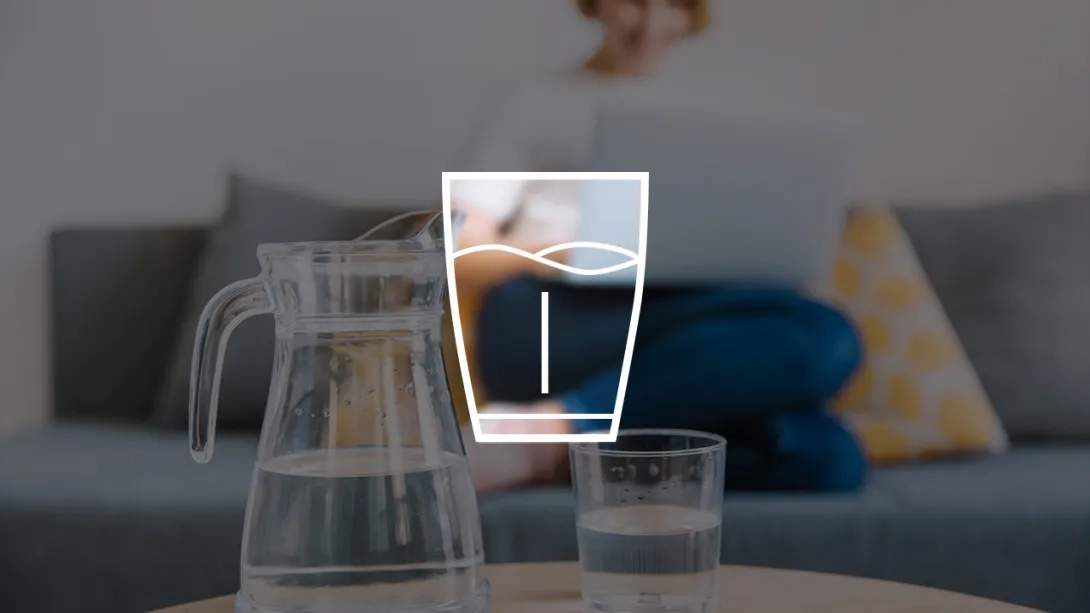Iodine is undoubtedly one of the most important elements for the proper functioning of the human body. In this article, we’ll explore the role it plays, where we can get it from, and whether iodized water can be considered a reliable source of this mineral.
In nature, iodine is rarely found in fresh water. Most of it is present in seawater, and occasionally in underground sources.
The role of iodine in the human body
Iodine is essential for the synthesis of thyroid hormones, which play a key role in metabolic processes. Iodine deficiency in adults can cause fatigue, weakness, depression, reduced cognitive function, memory loss, hearing problems, thyroid enlargement or cancer, metabolic disorders, weight fluctuations, dry skin, loss of skin elasticity, and hair loss.
For pregnant women, iodine deficiency may increase the risk of miscarriage. Even a mild deficiency can lead to cognitive impairments in children.
How much iodine do we need?

The recommended daily intake of iodine for an average adult is 150 mcg. In certain cases, it may increase to 300 mcg. For pregnant women, the requirement rises to 250 mcg, and for those who are breastfeeding — up to 290 mcg. Children need slightly less.
Most Ukrainians consume only 40–80 mcg of iodine daily. The regions most at risk of iodine deficiency include Western Ukraine and Chernihiv Oblast, where the diet is particularly low in iodine-rich foods.
Main sources of iodine include seafood, white fish, seaweed, a variety of fruits and vegetables, eggs, milk, and beef.
One long-established and effective preventive measure is iodized salt. This typically contains 20–40 mg of potassium iodate (KIO₃), or 3.6–7.2 mg of elemental iodine per kilogram of salt. With a daily intake of 5 grams of iodized salt, a person can receive an additional 18–36 mcg of iodine per day.
Is iodized mineral water useful?
In recent years, it's become trendy to mineralize drinking water with elements like magnesium, boron, and silicon. Sometimes these additions are justified — sometimes not. So what about iodine in water?
Iodizing drinking water is not a common global practice. A search for “iodized water” in scientific databases mainly yields results about irrigation water for vegetables.
A popular Ukrainian brand, “Jodo,” claims to contain between 1 and 42.3 mcg/L of iodine, according to its label. However, the exact form of iodine in these waters remains unclear. The producer states they use a concentrate called “Iodis-Concentrate,” which contains 40–80 mcg/L of “bioavailable iodine.” However, the exact chemical composition of this substance is not publicly disclosed.
Some Ukrainian researchers conducted experiments on mice and found that the effects were similar to potassium iodide tablets. But clinical studies on humans and publications in reputable international journals are lacking.

Iodized water is not listed among official recommendations for iodine deficiency prevention. Its composition varies, and the exact iodine content is often unknown. Therapeutic use of iodine requires precise dosing, typically prescribed by a doctor.
So, should you drink iodized mineral water? The choice is yours. But if you're truly at risk for iodine deficiency, iodized water is not a reliable solution. Stick with proven sources like iodized salt and iodine-rich foods — or consult a healthcare provider for appropriate supplements.







